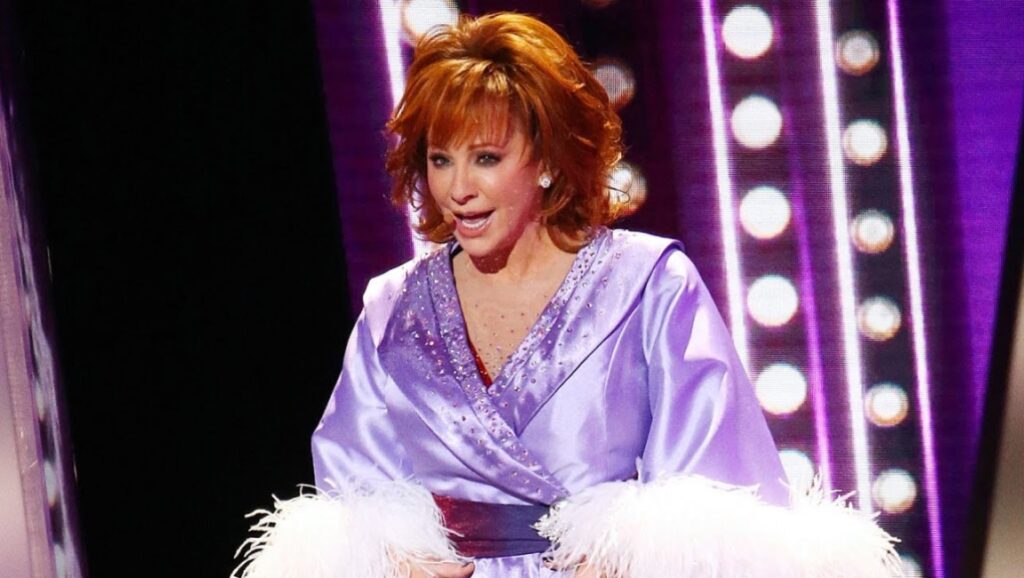Reba McEntire cemented her status as country music royalty over the last decade — though, to her infinite credit, she’s quick to correct anyone who refers to her as “The Queen of Country Music” that, in fact, Kitty Wells earned that honorific long ago. McEntire’s output during this period can most charitably be described as “spotty,” but like so many veteran artists, she’s become an icon more for what her career as a whole represents, rather than for the quality of her most recent work. Her past few albums were marred by poor song selection and trend-chasing production: her rendition of Beyonce’s “If I Were a Boy” was her most horrific mis-step since her unlistenable album of Motown covers. But McEntire is savvy enough to know that, even for an artist of her stature, country radio is unlikely to give her the time of day. And on Stronger Than the Truth, since she’s not bearing the burden of kowtowing to radio programmers, McEntire enjoys the freedom to lean hard into her love for, and facility with, traditional country music.
This album is easily her most stone-country record since the mid-1980s, but that isn’t what makes it perhaps the finest album of her career. Instead, it’s the exceptional set of songs she’s chosen to record: This is an album that trades in quintessential genre tropes of love and loss, filtered through the lived-in experiences of McEntire’s age. Always a distinctive vocal stylist, McEntire has rarely embraced how her voice has changed over the years, and certainly not to the extent that she does over the course of this album. She couldn’t have recorded the devastating title track, or “Tammy Wynette Kind of Pain” (co-written by Brandy Clark, and it shows), to the same effect a decade ago; she’s now able to bring a gravitas to her performances that suggests that the emotional stakes are higher at this stage in her life. “Your Heart” and “The Clown” mine similar territory, and even the album’s more upbeat material — “No U in Oklahoma” is a riveting slice of authentic Western swing — is tempered by a trenchant sadness. McEntire has confronted devastation before — For My Broken Heart was, prior to this release, the obvious choice for her career best — but she’s never sounded more vulnerable or empathetic, and she’s honestly never sounded better.
Published as part of Rooted & Restless | Issue 3


Comments are closed.